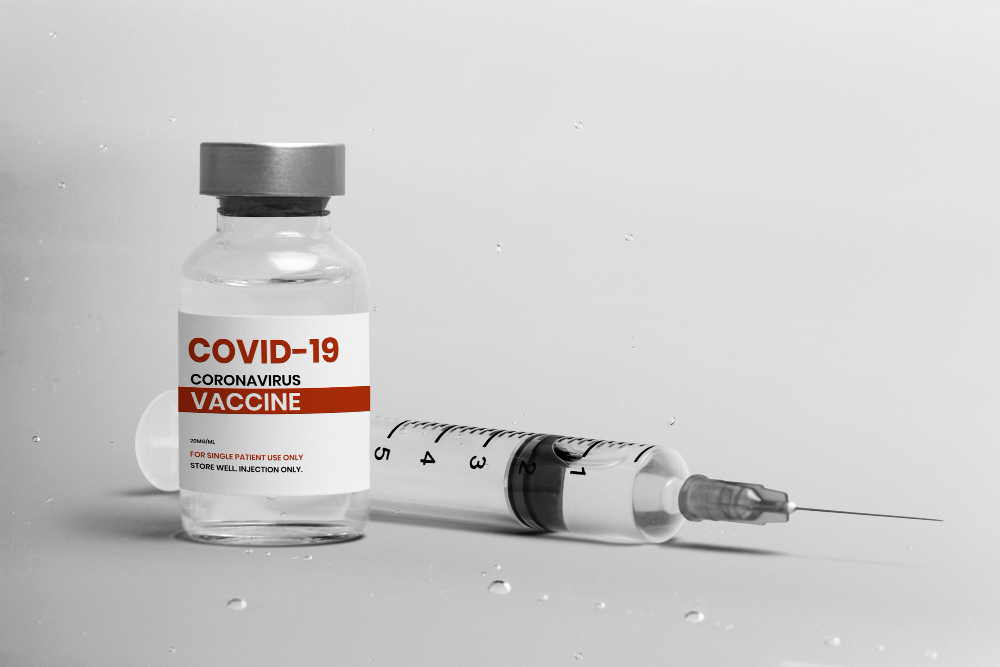
It’s easy to overlook the immune system. Not only is it invisible to the naked eye, it’s something we shove in the back of our minds, until something falls between the cracks. Or a virus as immense and terrible as the novel coronavirus starts devastating our lives, and ultimately, our
immune systems.
We all think of the immune system as the first line of defense against illnesses, but how much do we know about its inner workings? Or the fact that it saves our lives every day, whether we are aware of it or not? Today, let’s show our immune system the love it deserves by learning about these five amazing facts, and of course, taking good care of our health.

of white blood cells, work to allow the body to remember the invading microbes to fight them faster in future infections. White blood cells then produce antibodies that kill these invaders.
This is what our immune system does, day in and day out. Every day, we are exposed to a plethora of bacteria, so our immune system sorts through all of these decides which ones are good or bad, keeping us alive and healthy, 24 hours a day. And because they’re so efficient, we’re often unaware that anything happened.


On the other hand, an allergic reaction is the immune system reacting to a harmless allergen it first thought of as a threat.
Stress and sleep deprivation are bad for your immune system.

Because our immune systems work 24/7, it’s important to get that minimum five-hour shuteye, to give our bodies the much-needed break.
Laughter and positive vibes are good for our immune system.

Laughter releases dopamine and other feel-good chemicals in the brain, all of which can help decrease stress.
As the saying goes, laughter is the best medicine.
Tags
References:
https://www.medicalnewstoday.com/articles/321889
https://www.healthline.com/health/cold-flu/fun-facts#Laughter-helps-your-immune-system
https://alleninstitute.org/what-we-do/immunology/news-press/articles/5-cool-things-your-immune-system-can-do
https://www.medicalnewstoday.com/articles/321889
https://www.parents.com/featured/StriveThingsYouDidntKnowAboutImmuneSystem



0 Comments